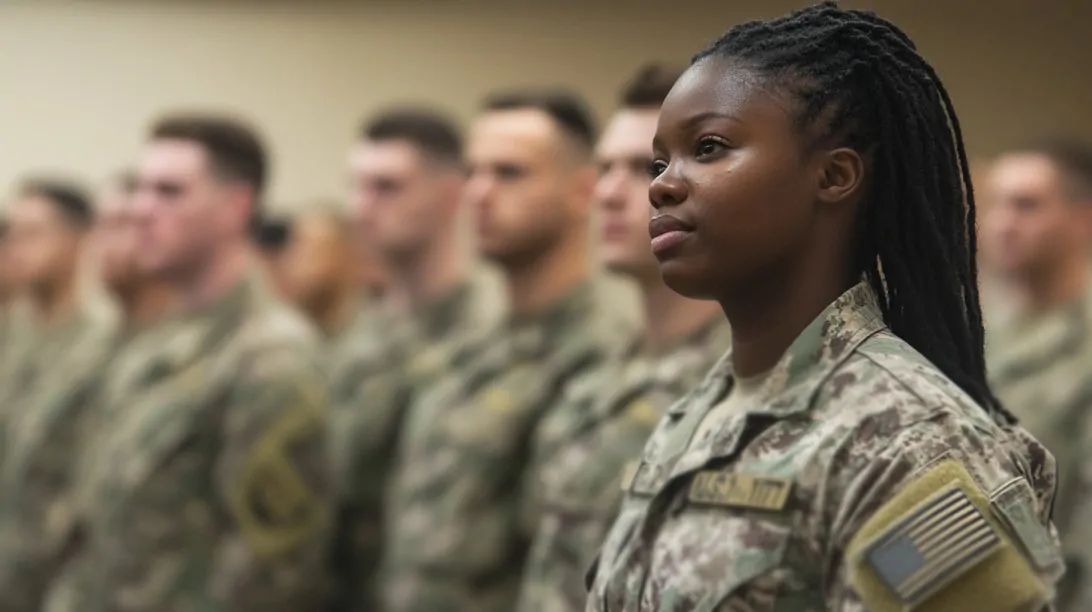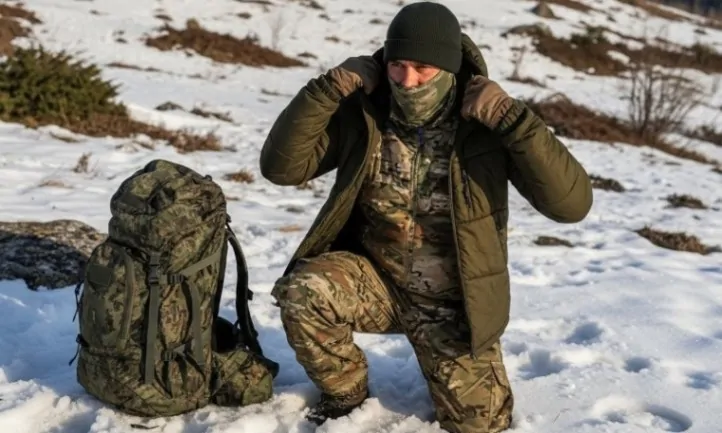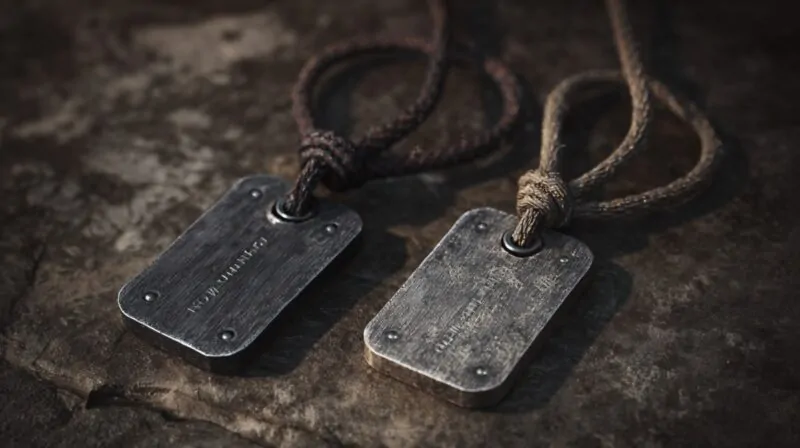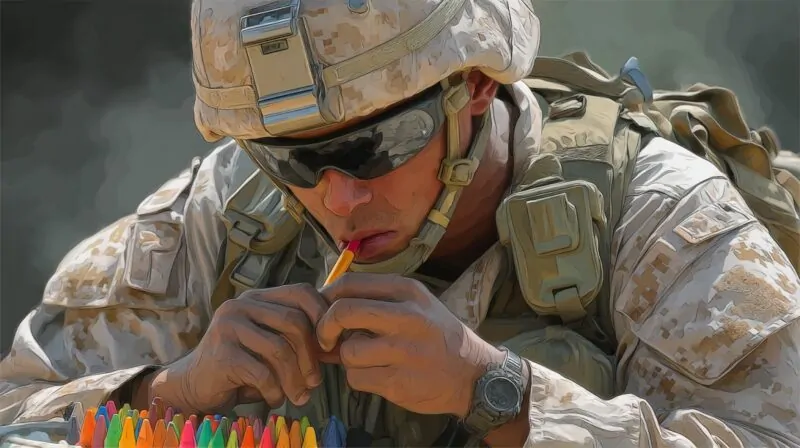U.S. Service Academies serve as elite institutions training future officers for military and maritime service. These include the Army’s West Point (USMA), Navy’s Annapolis (USNA), Air Force Academy (USAFA), Merchant Marine Academy (USMMA), and Coast Guard Academy (USCGA).
Summer programs offered by these academies aim to introduce high school students to cadet life, helping them gauge readiness and enthusiasm for a demanding academic and military path. These short-term experiences are designed to be immersive and revealing, offering a glimpse into the expectations, discipline, and camaraderie found at the academies.
Participation not only bolsters a candidate’s application but also serves as a critical stepping stone for deciding on long-term commitments to military service.
Table of Contents
ToggleStructure of the Summer Programs
Service Academy summer programs are carefully structured to simulate cadet life and provide an intensive preview of what awaits those who choose to apply.
Each component, from the target audience to daily activities, is selected to maximize exposure, build engagement, and prepare attendees both mentally and physically.
Structure plays a vital role in shaping the experience and ensuring students leave with a clear sense of purpose and direction.
Target Audience
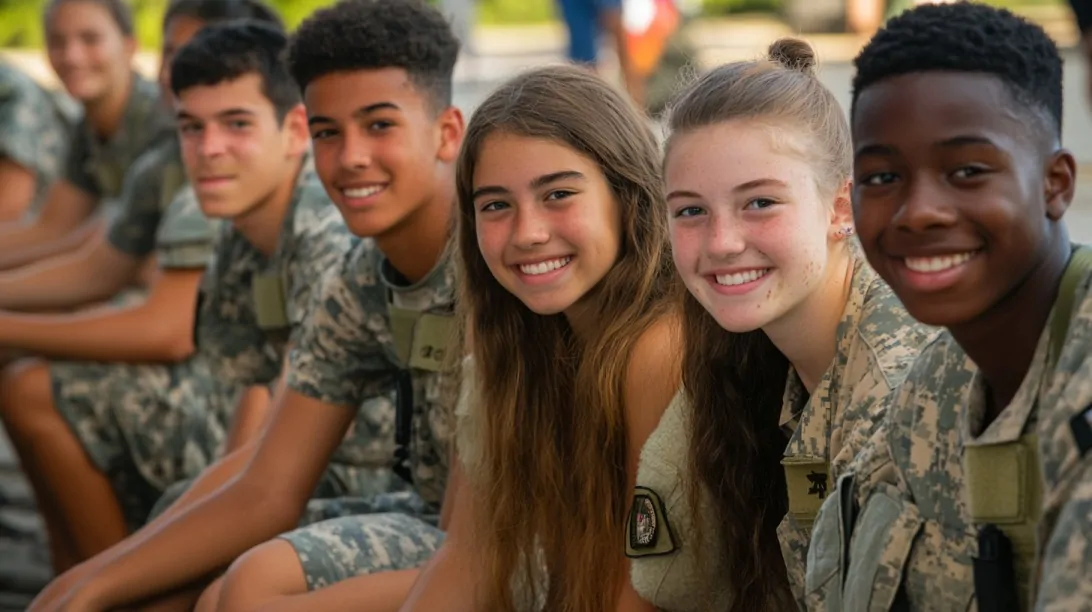
Programs are crafted for students who demonstrate academic promise, physical readiness, and a sincere interest in public service and leadership.
While most sessions are geared toward rising high school seniors, younger students also find opportunities to engage, especially in STEM camps that emphasize technical learning and discovery.
Admissions into these programs generally prioritize students with strong academic records, leadership experience, and extracurricular involvement related to service or technical disciplines.
When strong writing skills are essential for admissions, services like Edubirdie can offer students a competitive edge in crafting persuasive personal statements.
Program Format and Timeline
Programs typically last one week and take place at the academies themselves.
Following a few years of virtual adaptations, in-person formats have returned, providing more authenticity and interactive learning.
The schedule is intensive, starting early and ending late, mirroring a day in the life of a cadet.
- Usually opens in January and closes between March and April
- Requires essays, school transcripts, and teacher recommendations
- One-week residential program with full-day activities
- Conducted on the academy’s main campus
Students accepted into the programs often begin preparing physically and mentally months in advance, especially for the physical training and time management aspects.
Activities Included
Each day is packed with rigorous challenges designed to simulate life at a service academy. Physical drills, academic instruction, and leadership exercises are interwoven with structured routines to mirror the expectations of academy life.
- Group runs, circuit workouts, obstacle navigation
- Hands-on modules in aerospace, robotics, cybersecurity, and naval engineering
- Case studies and simulations that encourage decision-making and moral reasoning
- Shadowing and informal Q&A sessions
- Tactical scenarios requiring strategic planning, cooperation, and execution
- Marching drills, inspections, and code of conduct briefings
View this post on Instagram
A post shared by Academy Endeavors | Service Academy Admissions Consultants (@academyendeavors)
Students are often evaluated on their performance and attitude throughout the program, giving them early insight into the types of expectations they will face as future cadets.
Core Lessons and Takeaways
Summer programs at U.S. Service Academies do more than showcase the facilities or offer classroom lectures.
Each day is engineered to deliver meaningful, lasting lessons that echo far past the one-week duration.
Participants walk away with sharpened discipline, heightened confidence, and a broader sense of what military life demands.
Physical, academic, and emotional endurance are tested through immersive, real-time challenges.
Academy Life Simulation
Getting a true feel for cadet life is one of the most important components of these programs. Students are not treated like guests; they are expected to act like cadets-in-training. Uniformity, punctuality, and compliance with structure are required at all times.
- Shared quarters, bunk inspections, and restricted personal time
- Mandatory morning and evening gatherings that require discipline and uniform alignment
- Precision movement exercises led by academy personnel
- Proper addressing of officers, saluting protocol, and respectful conduct
- Vocabulary such as “chow,” “PT,” and “rack” quickly becomes second nature
This simulation ensures that students who decide to apply understand exactly what kind of environment awaits them.
Resilience and Discipline
Stress and fatigue are not side effects, they are built into the design of the program.
Each day pushes participants physically and mentally, showing them how to operate under pressure while still performing at a high level.
- Demanding workouts and conditioning runs at dawn
- Handling multiple tasks, orders, and expectations without breaks
- Structured free time that still follows academy regulations
- Tasks repeated until performed with precision, developing patience and attention to detail
- Learning to maintain composure when criticized or challenged
Most participants leave with a sharper work ethic and increased self-discipline, traits that serve them long after the summer ends.
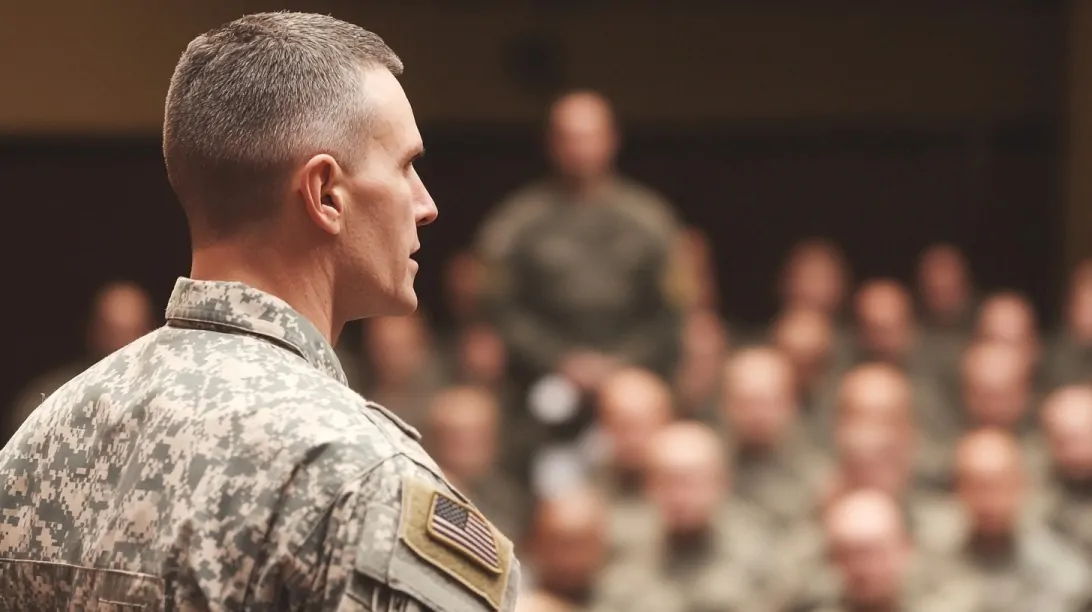
Leadership and Teamwork
Leadership training at the academies doesn’t rely on theory, it is delivered through real application.
Participants are placed in roles that require them to make quick decisions, manage peers, and communicate clearly under stressful circumstances.
Even those not in designated leadership roles are expected to contribute fully to team success.
- Opportunities to lead drills, briefings, or team challenges
- Solving problems in teams where each member must contribute equally
- Scenarios that mimic field operations, requiring tactical choices and collaboration
- Delivering briefings or instructions under time pressure
- Receiving and delivering constructive criticism to improve group performance
By the end of the week, many students discover leadership potential they didn’t know existed.
Academic and Career Preparation

In addition to the physical and leadership training, these programs offer advanced exposure to academic rigor, particularly in fields connected to defense, engineering, and technology. Lessons are practical, hands-on, and often connected to real-world military applications.
- Cybersecurity, mechanical design, coding, navigation, or drone technology
- Naval chart plotting, flight simulators, or ship-bridge command exercises
- Small-group learning led by academy professors and technical staff
- Conversations with officers and senior cadets about academic majors and career tracks
- Overviews of life after graduation, pilot training, intelligence roles, logistics, or medical service
Participants leave with a clearer sense of direction, as well as tools to start planning for both their college education and their future in service.
Why It Matters: Broader Impacts
Service academy summer programs are designed not just to inform but to transform. Participation can shape how students view their future, sharpen their aspirations, and redirect their path with greater clarity.
The impact is both immediate and long-term.
For many students, one week is all it takes to determine if a career in military service aligns with their ambitions.
Others use the experience to build essential life skills that influence college, career, and personal growth.
Informed Decision Making
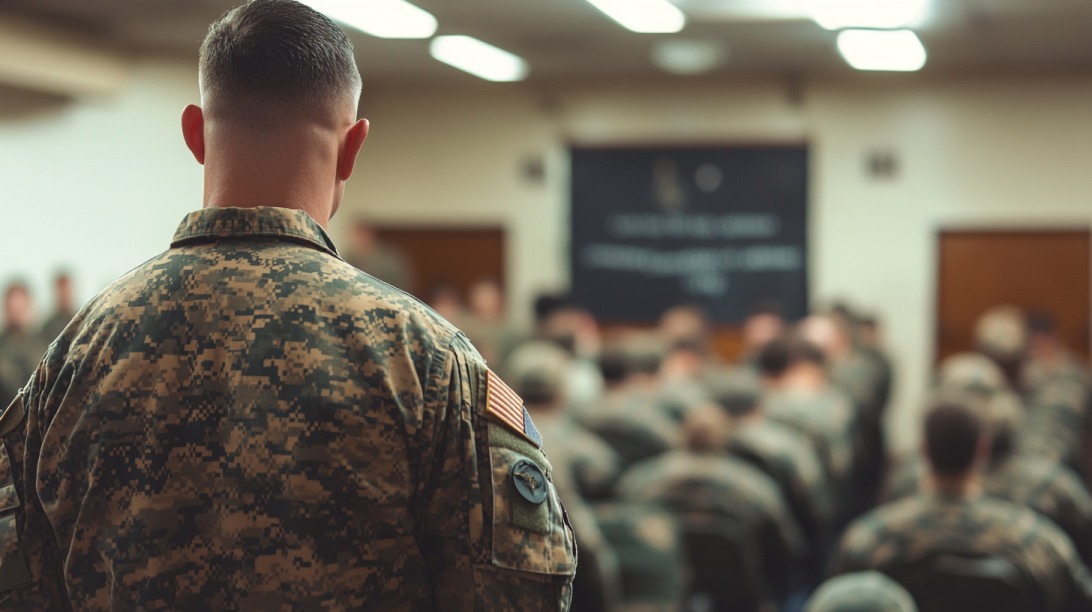
Summer programs offer a rare opportunity to assess academic life before committing to the full four-year experience.
Students aren’t watching from the sidelines, they’re actively engaged in every part of daily cadet routines.
The immersion helps students reflect on the alignment between personal goals and institutional expectations.
- No filters, no sugarcoating, only genuine academy life
- Better insight into the academic, physical, and emotional demands of service
- Enhanced ability to determine if a military commitment fits long-term ambitions
- Less second-guessing about academy applications or alternative paths
Participants often say the experience either confirms their desire to pursue service or shows them that a different route better suits their strengths and values.
Competitive Edge in Admissions
Academies recognize initiative. By attending a summer seminar, students show that they are not only interested but also invested.
Staff and admissions officers often interact directly with participants, which allows for early impressions and potential mentorship.
- Participation signals dedication to academy life
- Interaction with admissions personnel, faculty, and cadets
- Students can speak with authority about their academy experiences
- Some programs allow staff to recommend outstanding candidates for future admission
In many cases, attending a summer seminar becomes a differentiator in the admissions file.
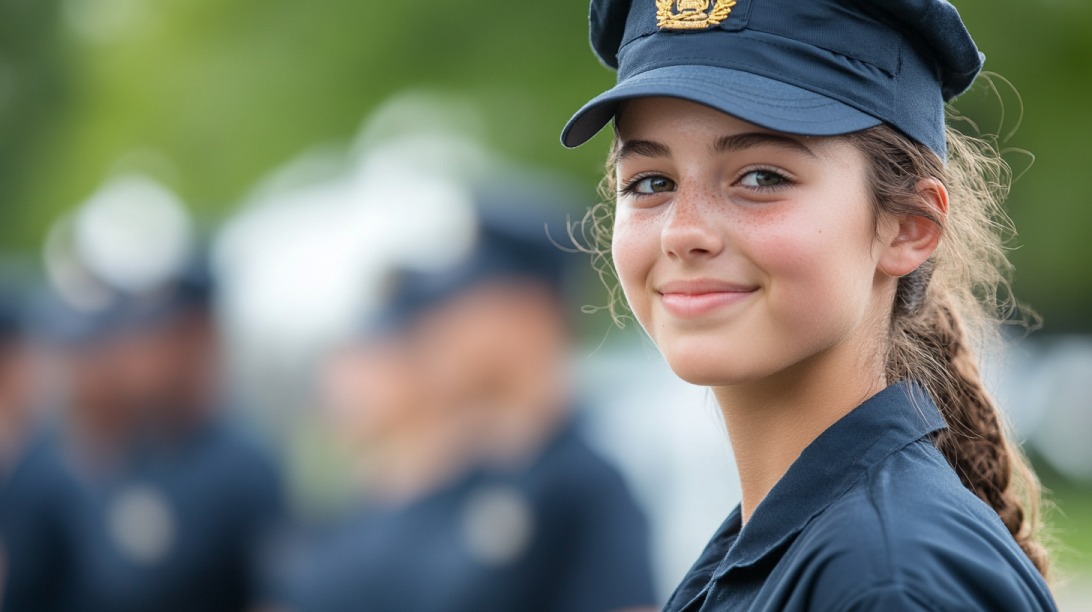
Personal Growth
Growth doesn’t wait for graduation, it begins on day one of the summer program.
Students are pushed out otheir f comfort zones, stripped of excuses, and challenged to perform under stress. Confidence, maturity, and reflection naturally follow.
- Waking early, staying organized, and meeting standards consistently
- Completing challenges that once seemed impossible
- Managing responsibilities without relying on parents or teachers
- Exposure to values like service, honor, and leadership through action, not theory
- Encouragement to think about what service means and how it can shape identity
Students return home sharper, more focused, and often with a new sense of direction.
The Bottom Line
Service academy summer programs challenge, educate, and inspire future leaders.
They allow students to test their limits, evaluate their aspirations, and build a foundation for service-driven careers.
Applicants should apply early and prepare for a demanding but rewarding experience.
A week spent at one of these academies often leaves a lasting impact that echoes through future academic, military, and professional achievements.
Related Posts:
- How Good is Academy Sports Military Discount and How…
- What Are the Basic Requirements to Get Into the…
- Air Force Academy vs. West Point: Which School Is a…
- Inside the MQ-9 Reaper UAV - Features and Applications
- What Does 1B4X1 Stand For? An Inside Look at Cyber…
- Rank by Rank - Inside the US Air Force Officer Hierarchy

